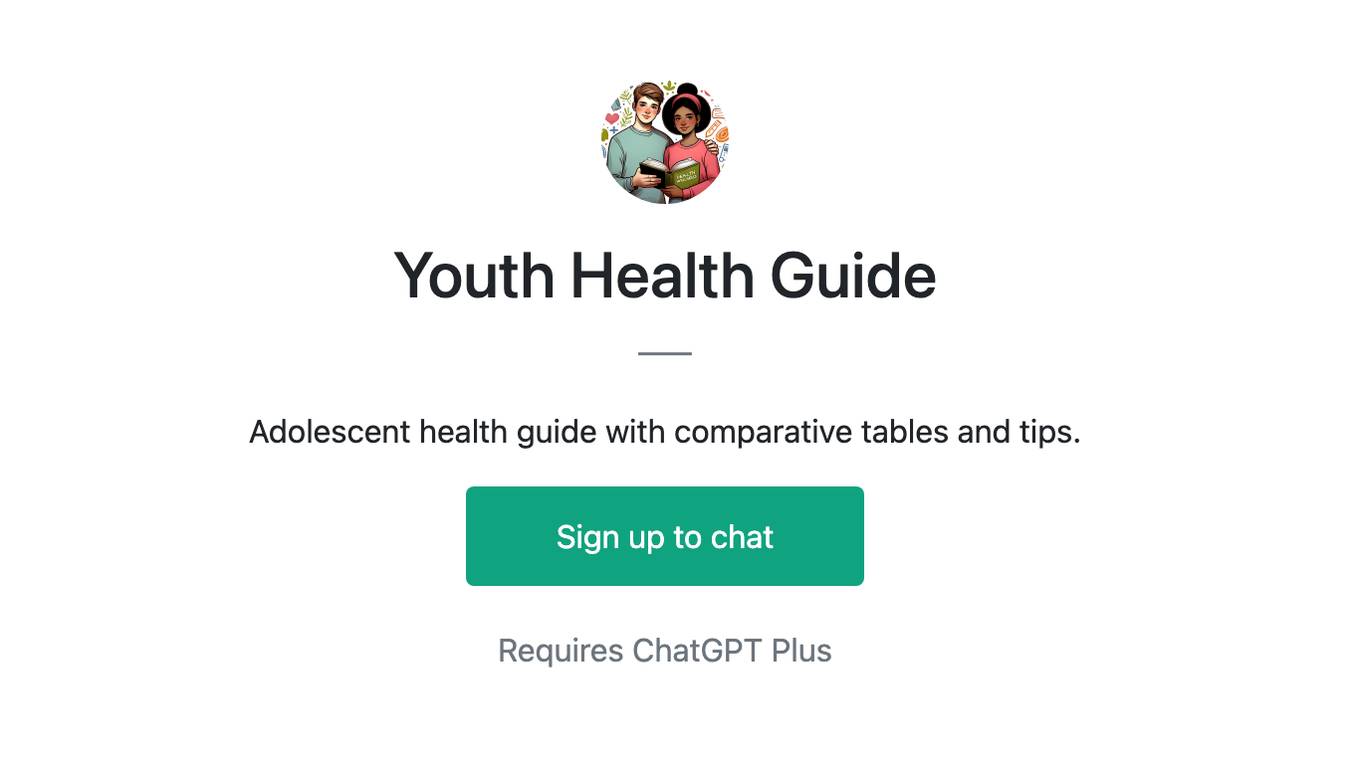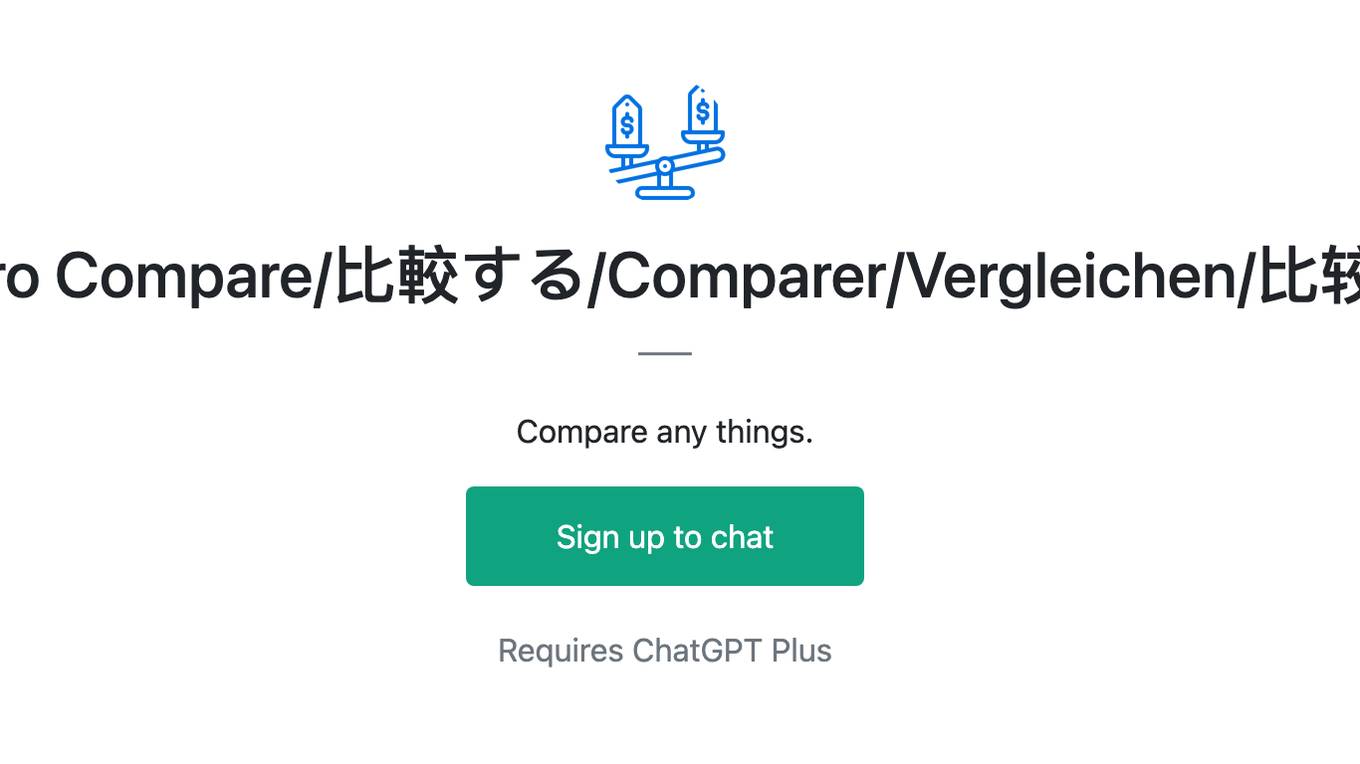Best AI tools for< Comparative Literature Researcher >
Infographic
10 - AI tool Sites
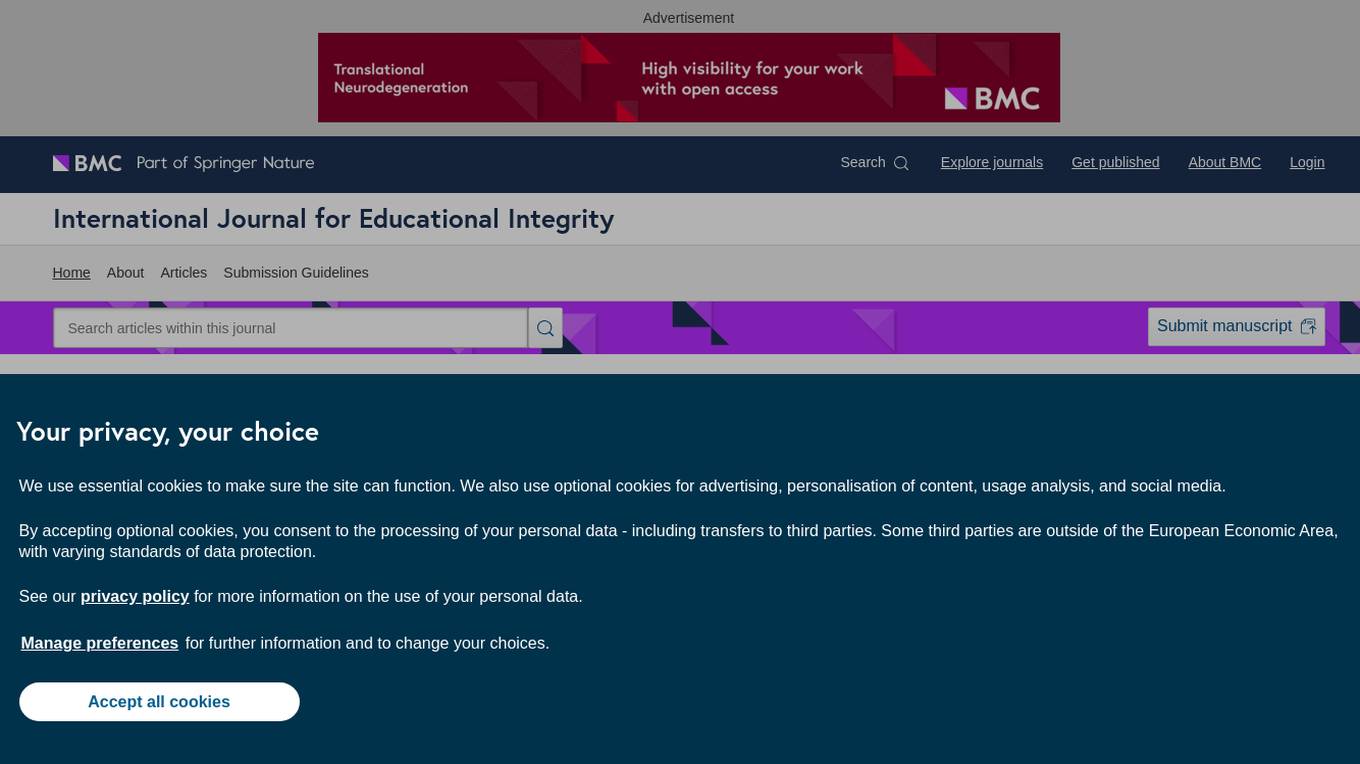
International Journal for Educational Integrity
The International Journal for Educational Integrity is an AI tool that focuses on publishing articles related to academic integrity, ethics, and plagiarism. It features original research articles, reviews, and thematic collections on topics such as machine-based plagiarism, contract cheating, and the impact of emergencies on educational integrity. The journal aims to address emerging threats to academic integrity and promote ethical practices in education.
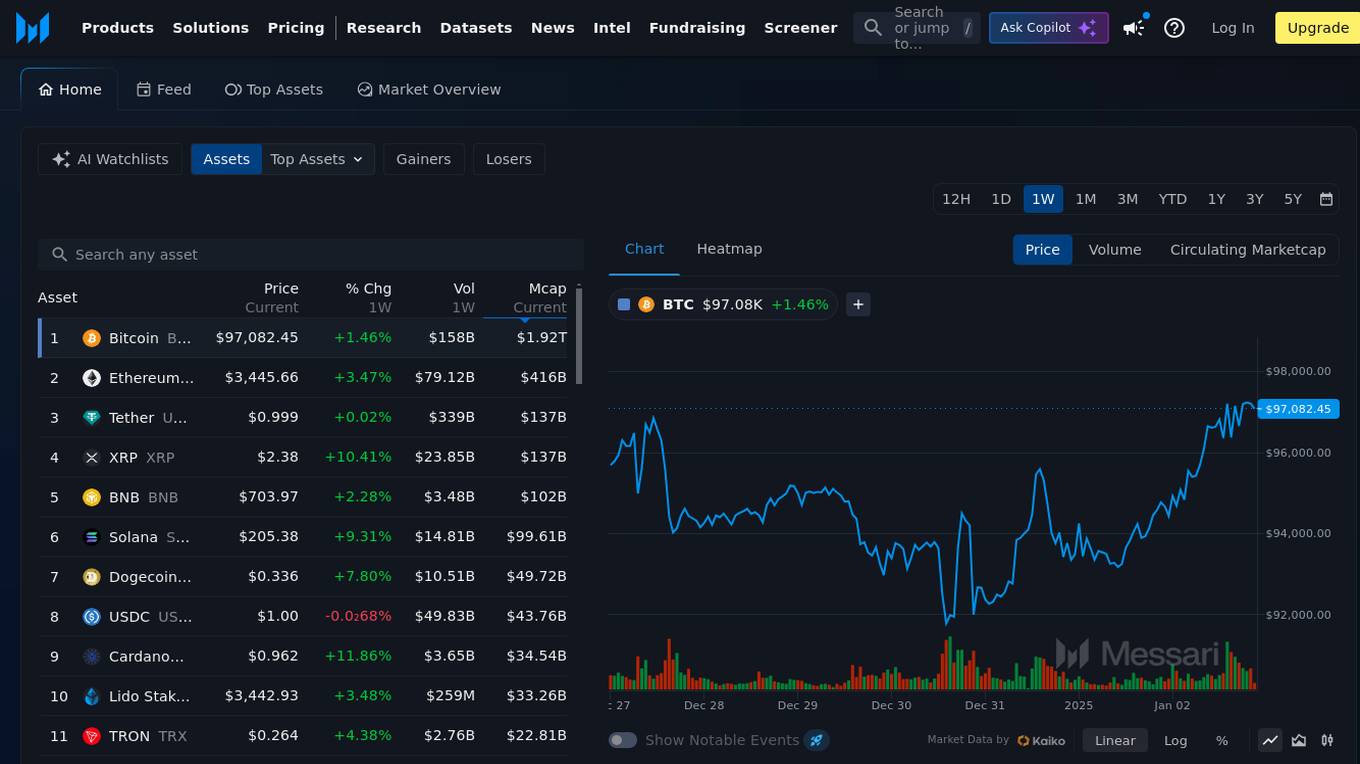
Messari
Messari is an AI-powered platform that provides comprehensive crypto research, reports, AI news, live prices, token unlocks, and fundraising data. It offers a wide range of tools for users to explore and analyze the cryptocurrency market. With features like AI summaries, personalized watchlists, comparative charts, and AI recaps, Messari aims to organize and contextualize all crypto information at a global scale.
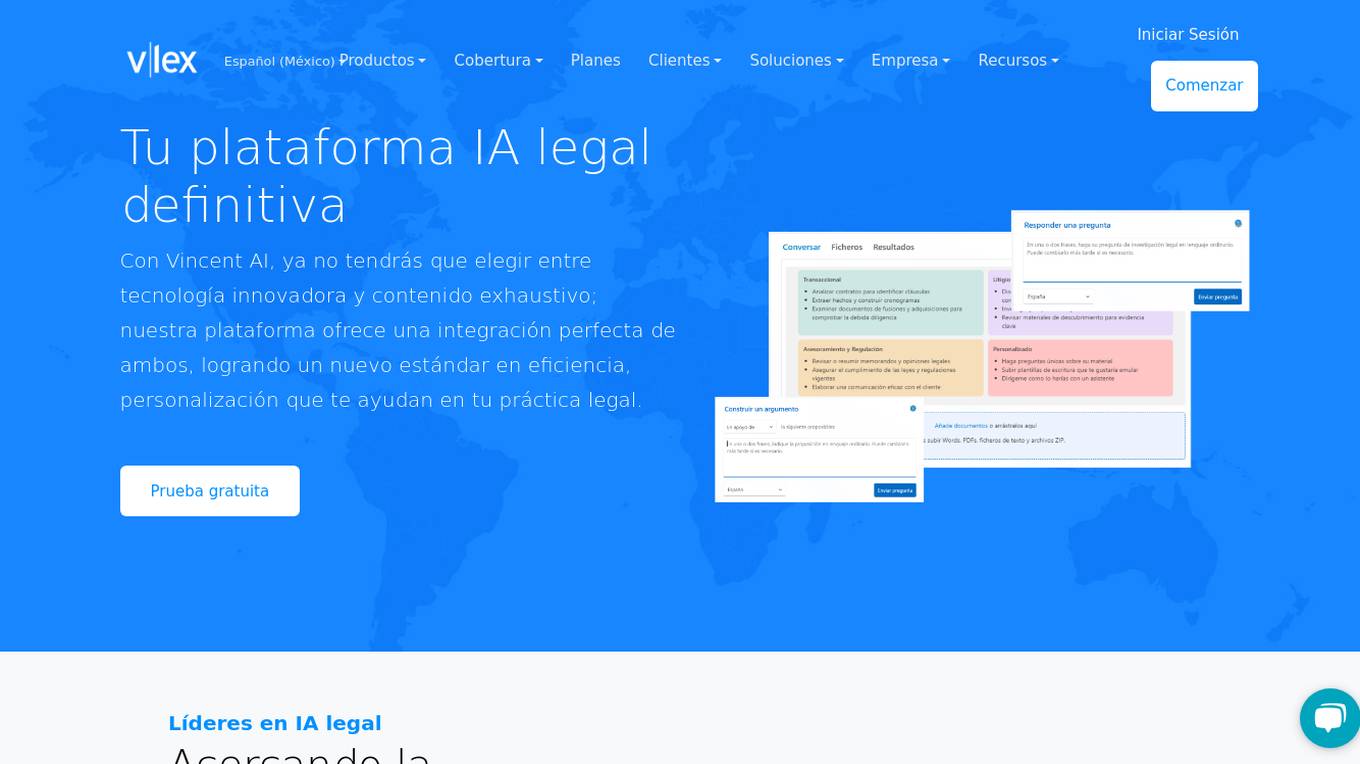
vLex
vLex is a legal intelligence platform that offers innovative technology and comprehensive content to empower legal professionals. With over 30 years of experience, vLex provides cutting-edge AI legal solutions designed to streamline workflows, enhance access to legal knowledge, and drive success. The platform integrates advanced technology with extensive legal databases to deliver unparalleled legal intelligence and resources. Vincent AI, a key feature of vLex, leverages generative AI to automate tasks such as workflow optimization, drafting, research, and comparative legal analysis across multiple jurisdictions.
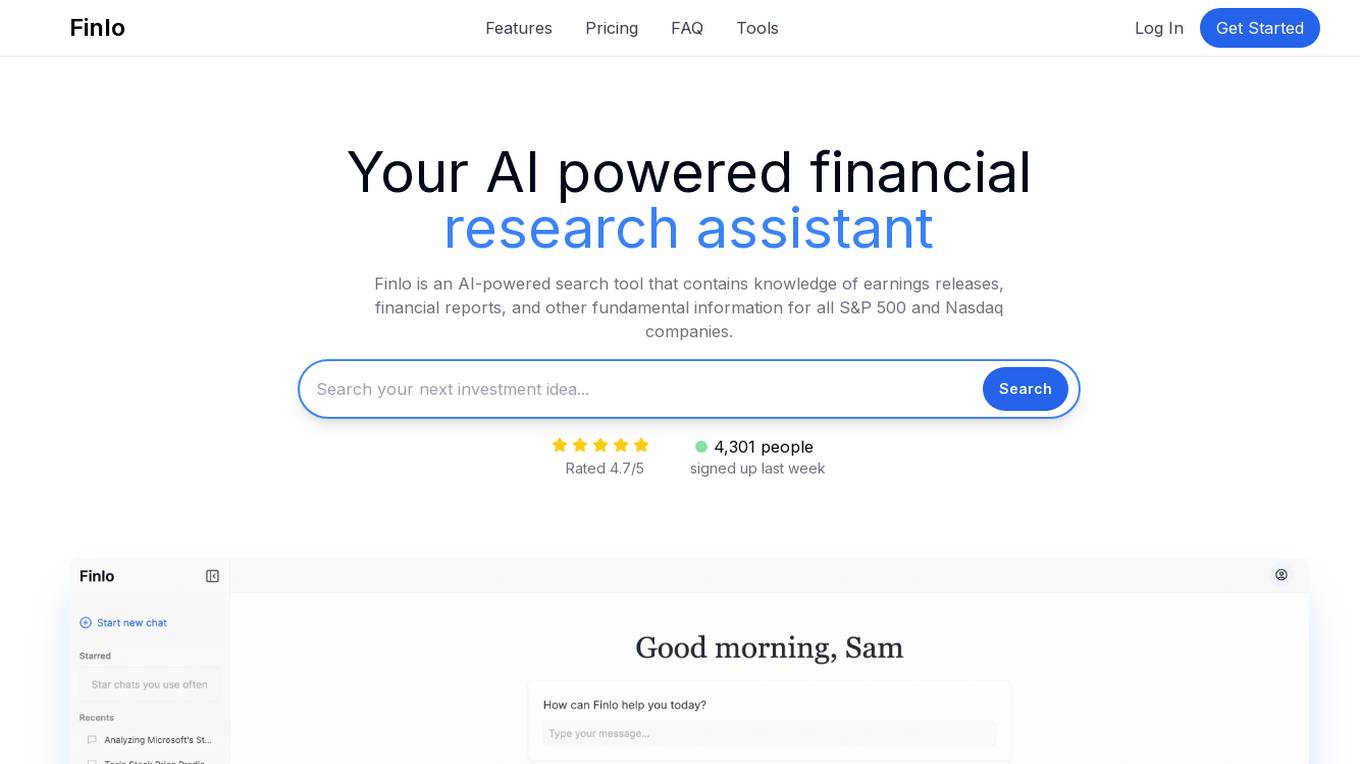
Finlo
Finlo is an AI-powered financial research assistant that provides comprehensive market insights, financial data, and analysis tools for investors. It simplifies complex financial information into understandable insights, offering real-time monitoring, trend analysis, comparative insights, and personalized recommendations to help users make informed investment decisions. With knowledge of earnings releases, financial reports, and fundamental information for S&P 500 and Nasdaq companies, Finlo aims to enhance decision-making and confidence in navigating the stock market.
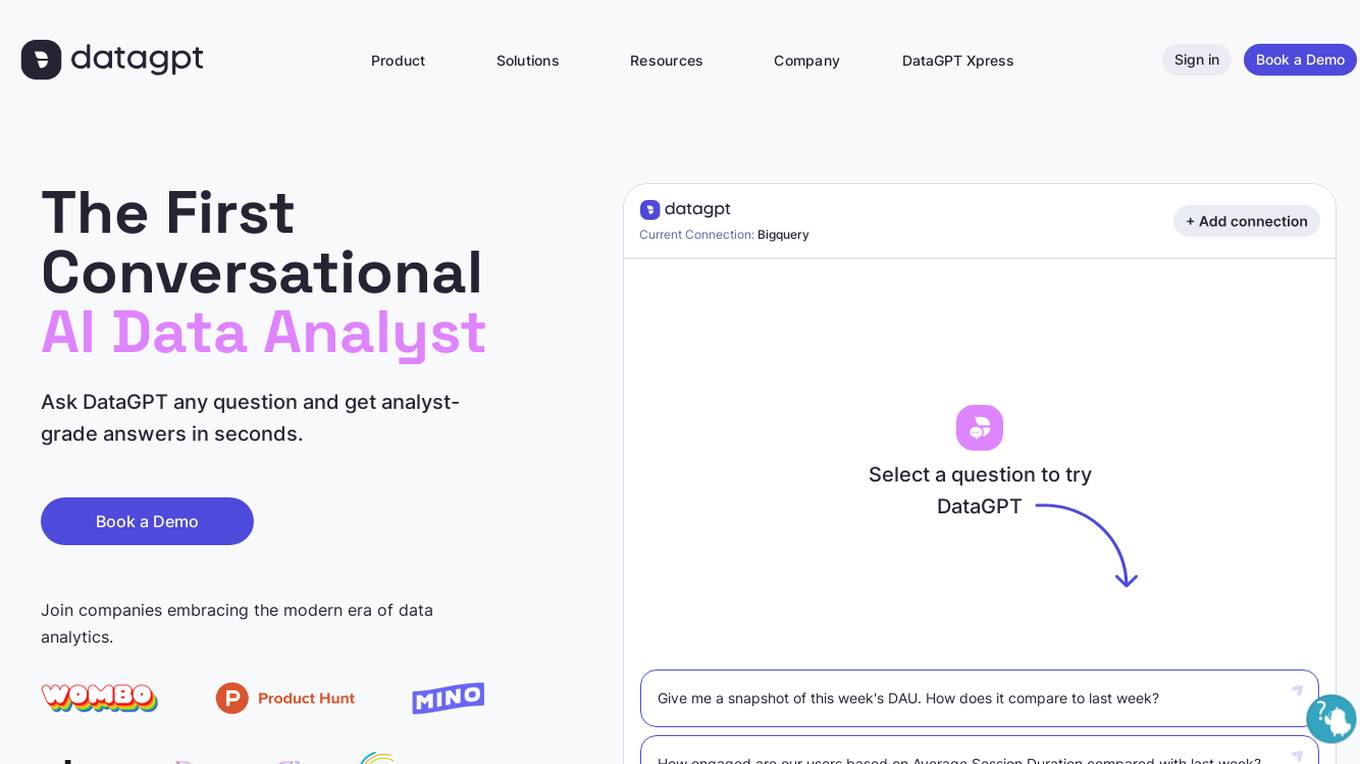
DataGPT
DataGPT is a conversational AI data analyst that provides instant analysis and answers to any data-related question in everyday language. It connects to any data source and automatically defines and suggests the most relevant metrics and dimensions. DataGPT's core analytics engine carries out intricate analysis against all data, checking every segment, identifying anomalies, detecting outliers, diving into funnel analytics, or conducting robust comparative analysis to reveal accurate results. The AI-powered onboarding agent guides users through the setup process, and the Lightning Cache boosts query speeds 100x over current data warehouses. The Data Navigator allows users to freely explore any part of their data with just a few clicks. DataGPT empowers decision-makers by replacing specialized dashboards with an 'ask me anything' interface, enabling them to access essential insights on demand.
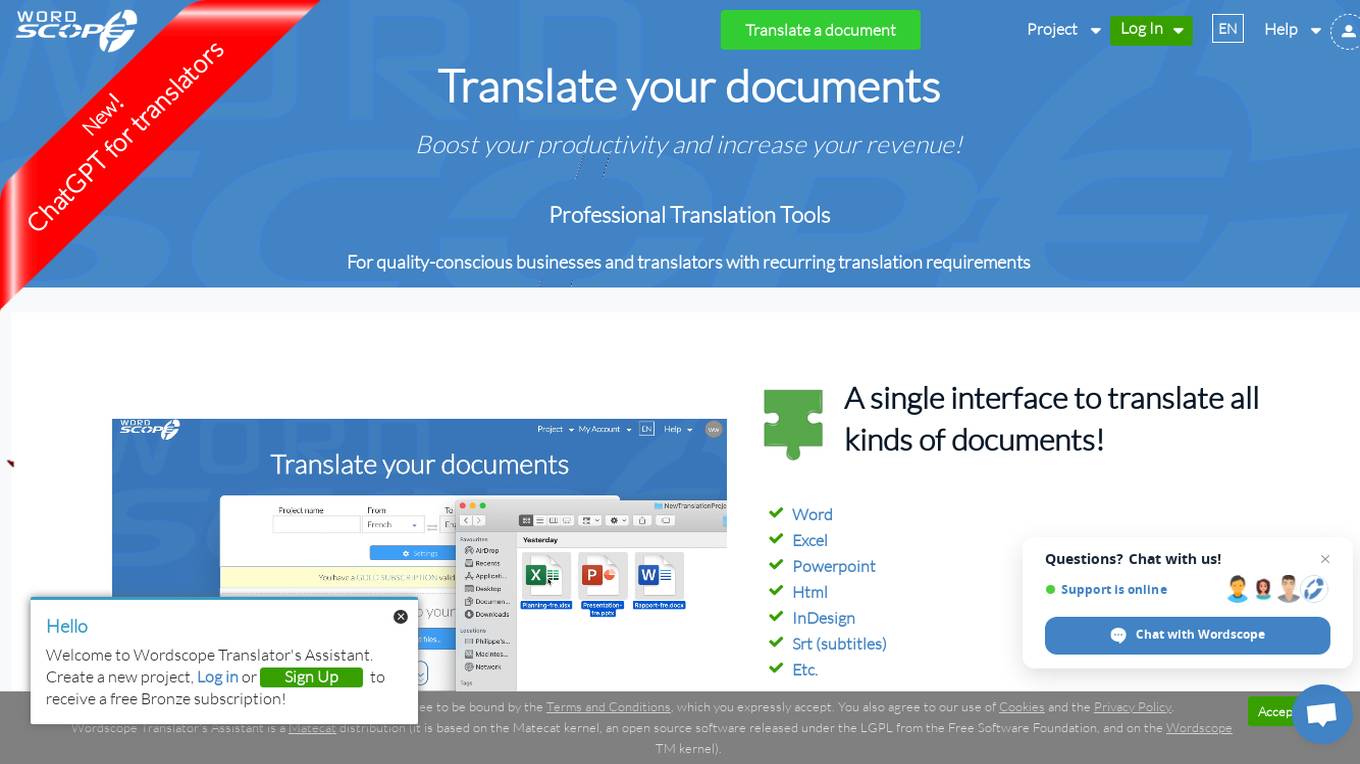
Wordscope
Wordscope is an all-in-one solution for professional translators that provides a variety of tools to ensure quality translations, including private translation memories, neural machine translation, terminology databases, public translation memories, a comparative revision tool, quality control tools, synonym lists, and various sharing options.
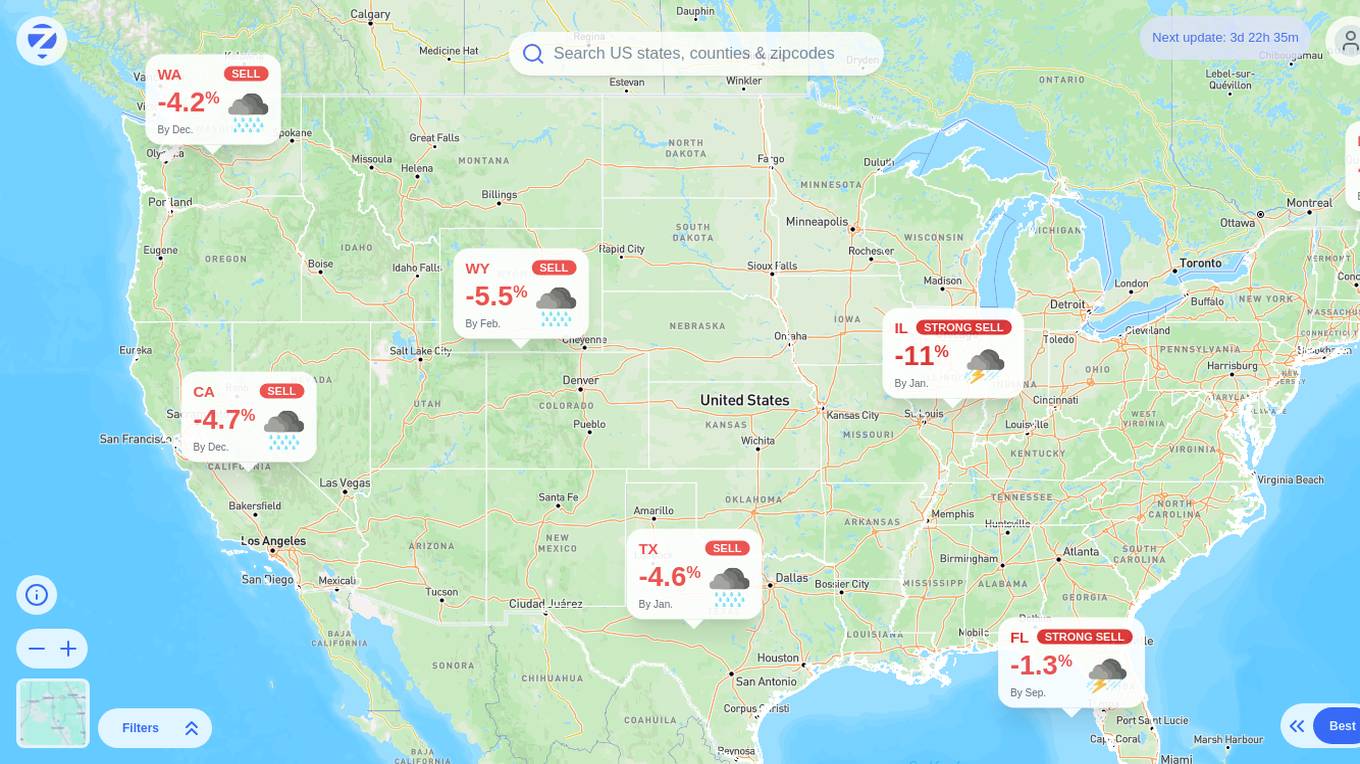
Zipsmart
Zipsmart is an AI-powered platform that helps users make smarter real estate decisions. By leveraging artificial intelligence technology, Zipsmart provides valuable insights and data-driven recommendations to assist individuals in buying, selling, or renting properties. The platform utilizes advanced algorithms to analyze market trends, property values, and other relevant factors, enabling users to optimize their real estate transactions efficiently. With Zipsmart, users can access personalized recommendations, market predictions, and comparative analyses to make informed decisions and maximize their real estate investments.
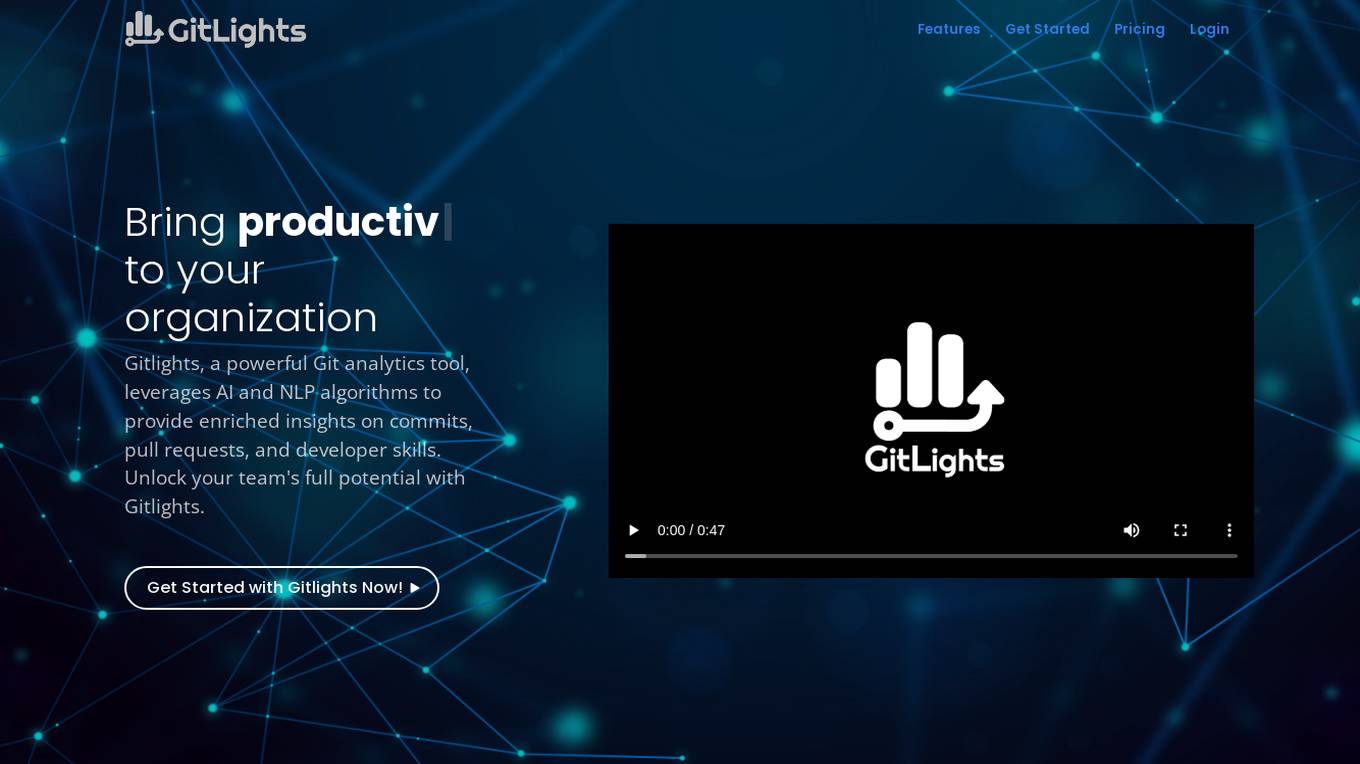
Gitlights
Gitlights is a powerful Git analytics tool that leverages AI and NLP algorithms to provide enriched insights on commits, pull requests, and developer skills. It empowers teams with advanced analytics and insights, revolutionizing the development process. Gitlights offers features such as insightful commits and pull requests dashboard, advanced developer skills analysis, strategic investment balance monitoring, collaborative developers map, and benchmarking comparison with other teams. With Gitlights, users can stay ahead with comparative data, receive smart notifications, and make informed decisions based on precise and detailed data. The tool aims to provide a holistic view of a development team's activity, driving strategic decision-making, continuous improvement, and excellence in collaboration.
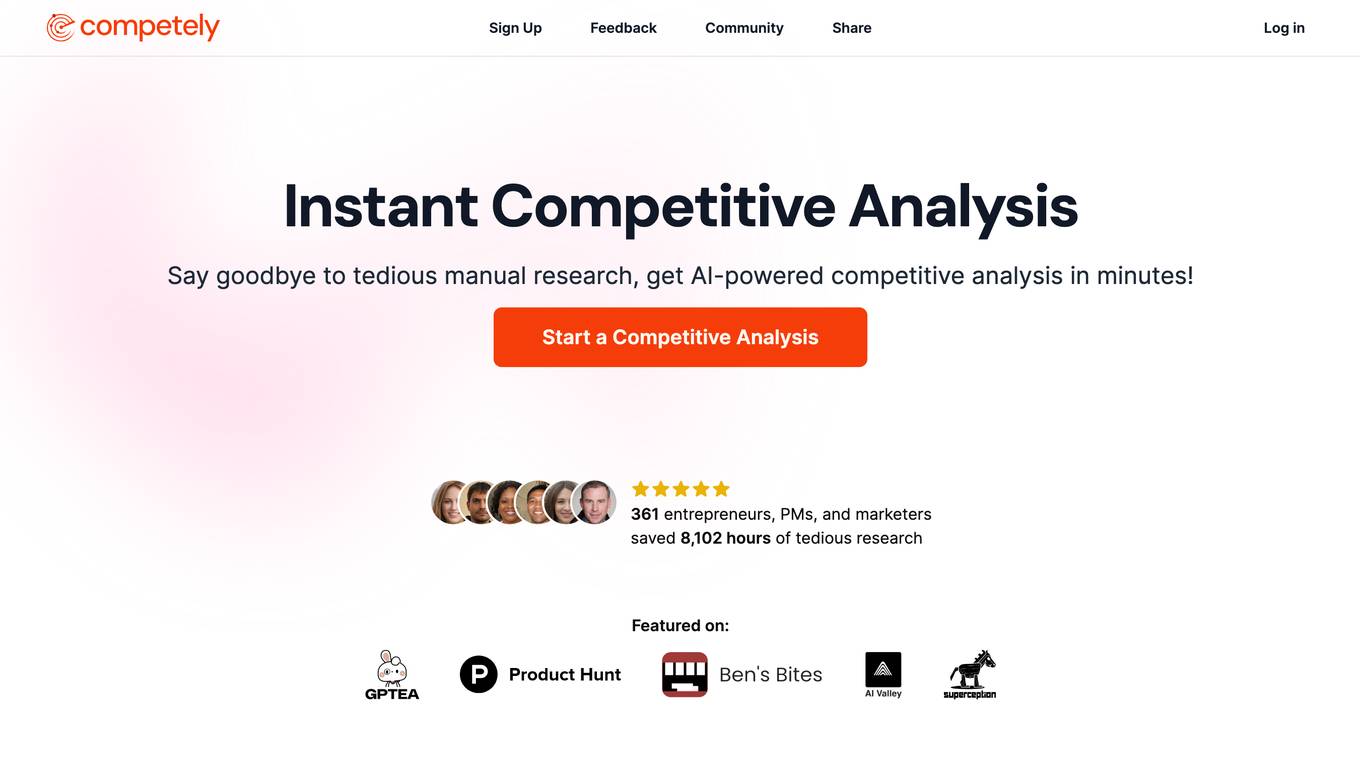
Competely
Competely is an AI-powered competitive analysis tool that helps users say goodbye to tedious manual research by providing comprehensive and detailed insights into competitors across various industries. Users can save days of manual work by utilizing Competely to generate a side-by-side comparison of competitors, covering aspects such as marketing, product features, pricing, audience, customer sentiment, company info, and SWOT analysis. The tool is suitable for founders, executives, marketers, product managers, agencies, and consultants, offering valuable data-driven decisions and strategies to outsmart the competition.

edu720
edu720 is a science-backed learning platform that uses AI and nanolearning to redefine how workforces learn and achieve their goals. It provides pre-built learning modules on various topics, including cybersecurity, privacy, and AI ethics. edu720's 360-degree approach ensures that all employees, regardless of their status or location, fully understand and absorb the knowledge conveyed.
0 - Open Source Tools
11 - OpenAI Gpts
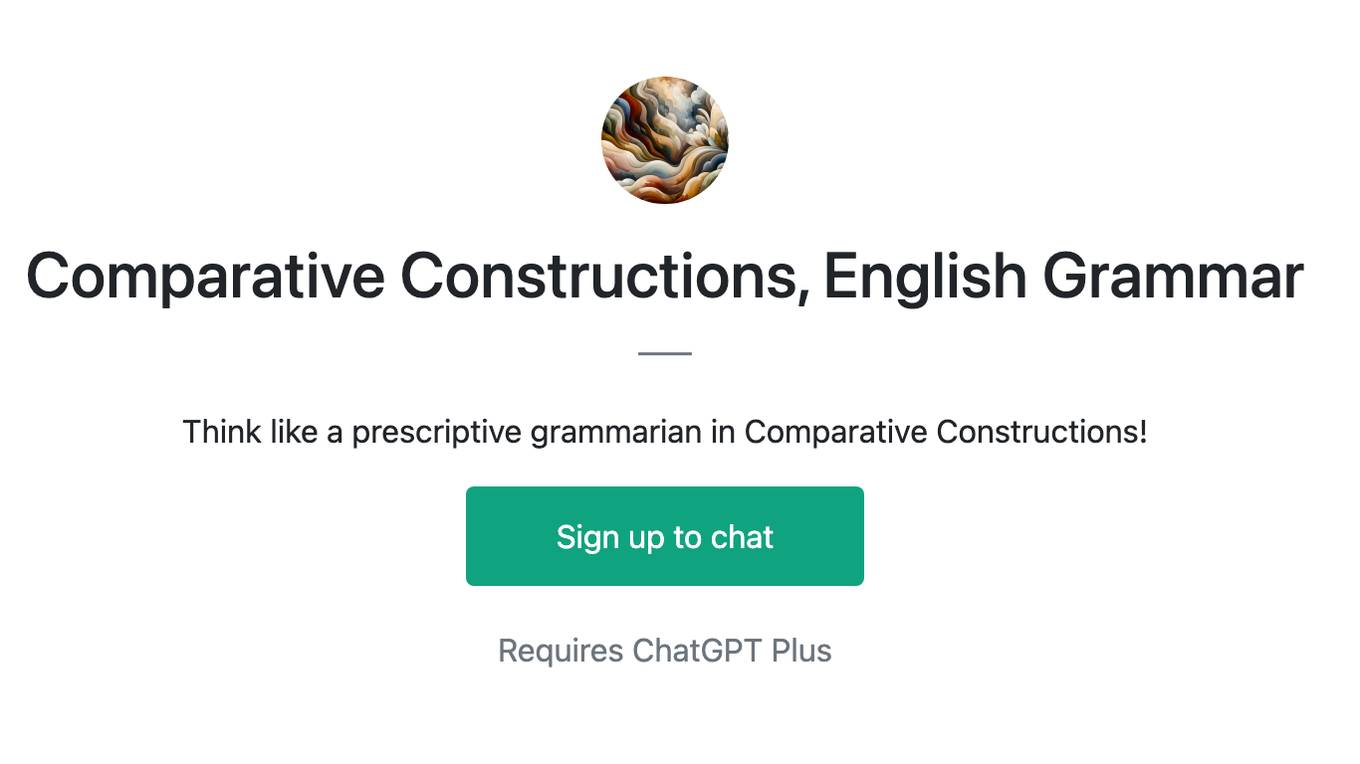
Comparative Constructions, English Grammar
Think like a prescriptive grammarian in Comparative Constructions!
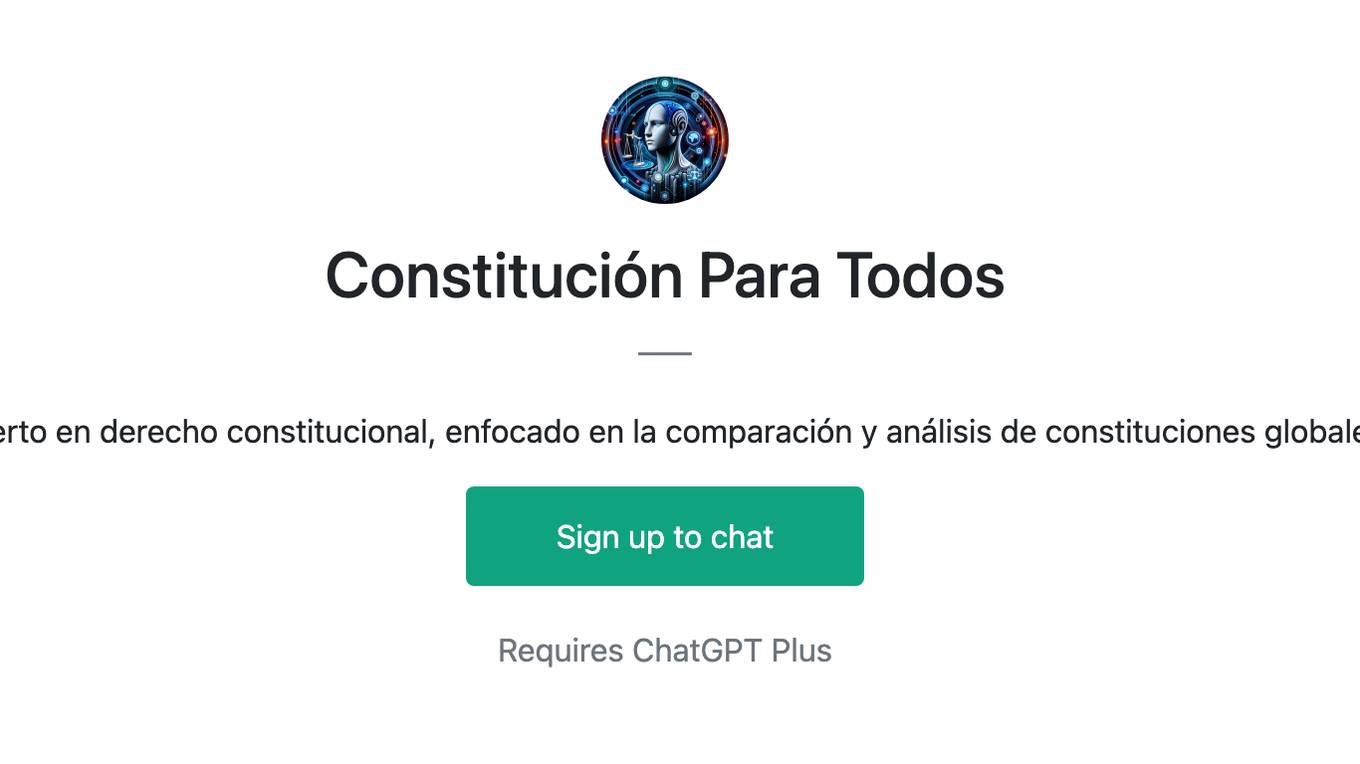
Constitución Para Todos
Experto en derecho constitucional, enfocado en la comparación y análisis de constituciones globales.
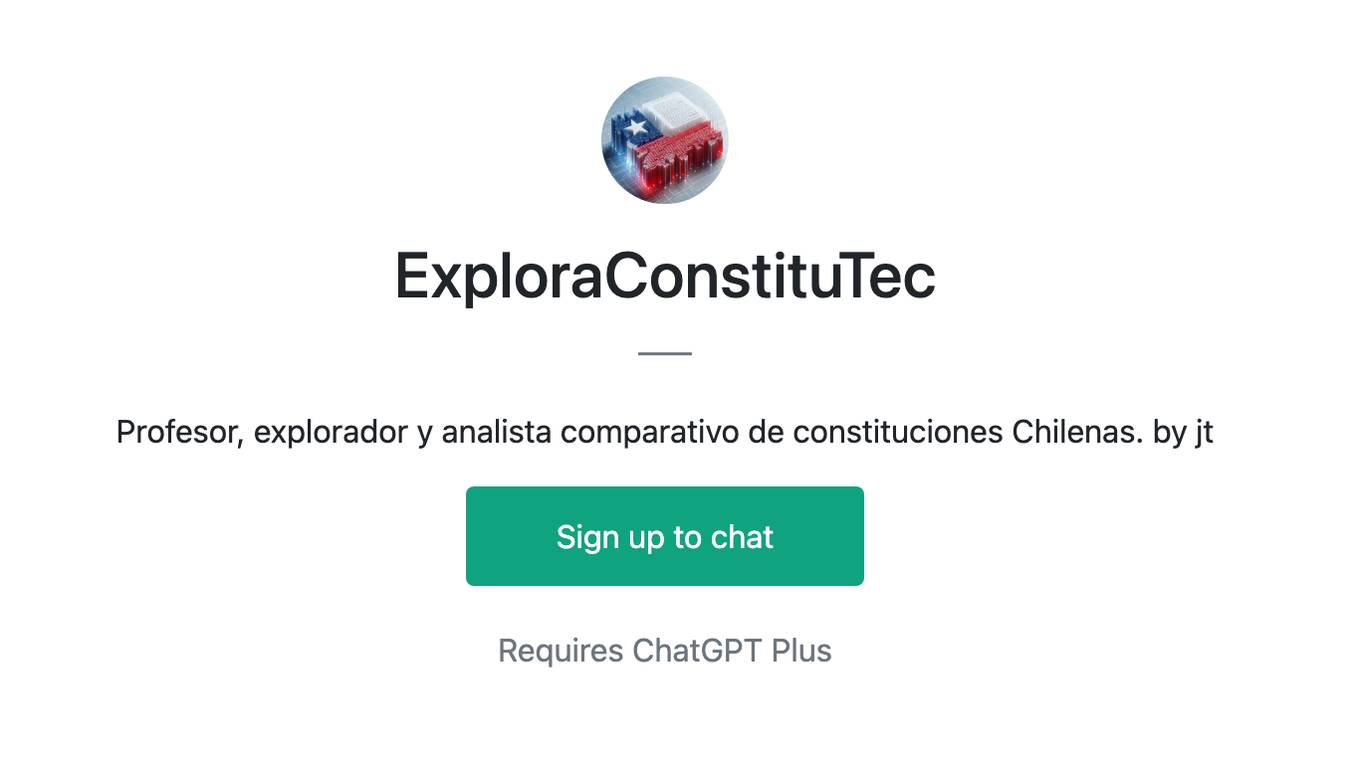
ExploraConstituTec
Profesor, explorador y analista comparativo de constituciones Chilenas. by jt

Interfaith Spiritual Guide
Guidance from Gita, Bible, and Quran with a harmonious, inclusive approach.

La Coopérative d'indépendant GreenGumTyre
Expert en recyclage, blockchain et modèles économiques coopératifs


